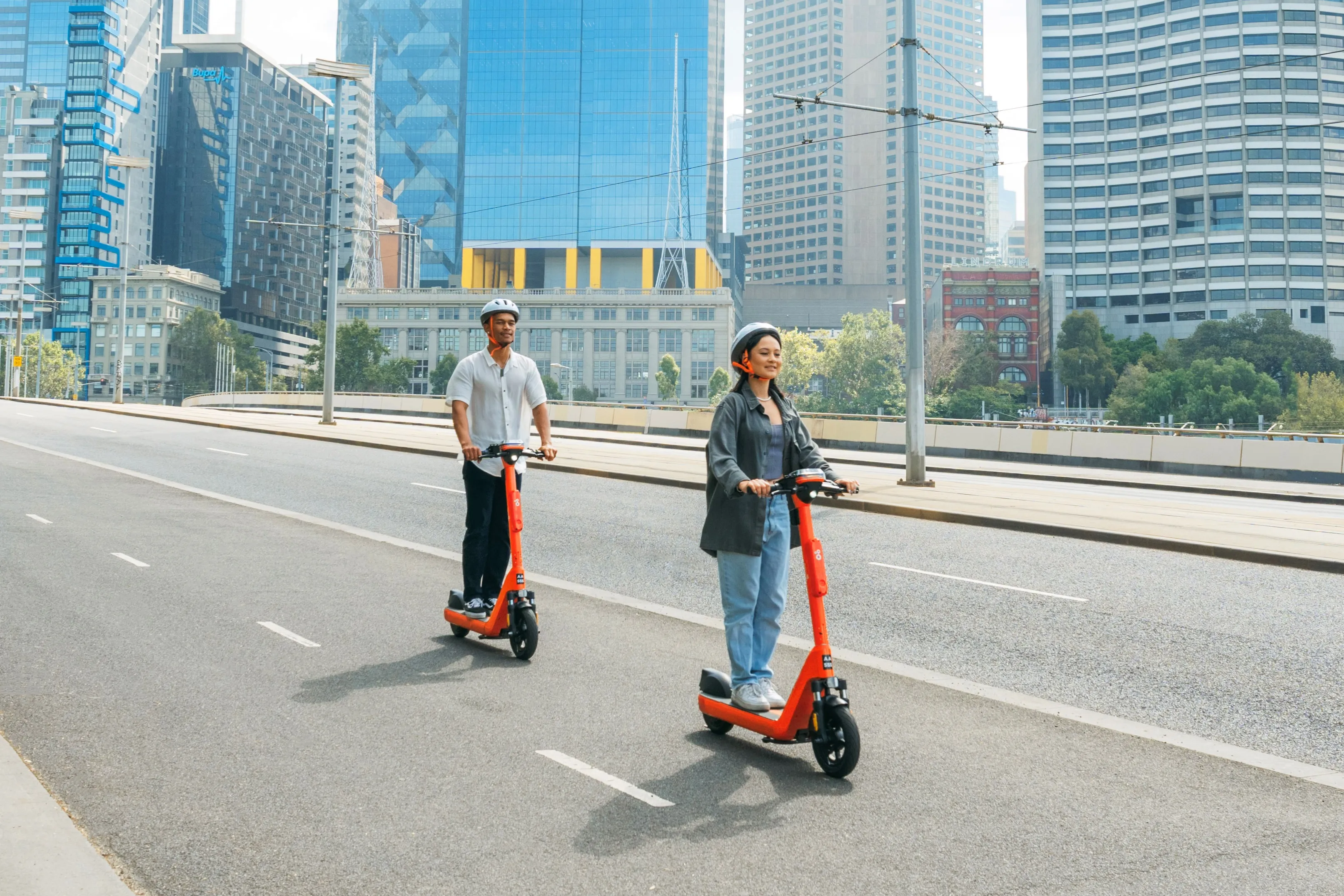
Neuron has launched its N4 e-scooter model, which will be rolled out in Melbourne, Australia.
An initial 1,000 vehicles will take to the streets this month, and the company says real-world testing has been ongoing for over six months in a number of cities.
The N4 is built using 80% recycled aluminium, and Neuron insists it is the "most rider-centric, sustainable and toughest" yet, with a 10,000km life cycle.
It features a sequential dual-battery system and can be deployed with one or two batteries depending on city demand or to manage peak periods, thus reducing charging time by half.
Neuron is also offering a white label sales model to monetise the technology.
The N4 has an upgraded 300 watt, 48 volt, electric motor which delivers 39 Nm of torque, and has been tuned to deliver a more linear acceleration profile.
It carries over safety features from the N3 model including the world’s first app-controlled helmet lock, launched in 2020, which integrates a helmet to the e-scooter and a 'talking e-scooter' voice guidance system which was introduced in 2018 to inform and educate riders.
The N4 comes with a proprietary new Internet of Things box which features a range of sensors to precisely locate the e-scooter and control where it can be ridden and parked.
Neuron's CEO Zachary Wang says riders have participated in focus groups and clinics to offer insight and feedback.
"Making it as robust as possible and reducing the time it spends in the workshop has been a major priority. The dual-battery system adds flexibility, increased range, and a 50% reduction in charging time. All of these things significantly reduce operational costs.”








